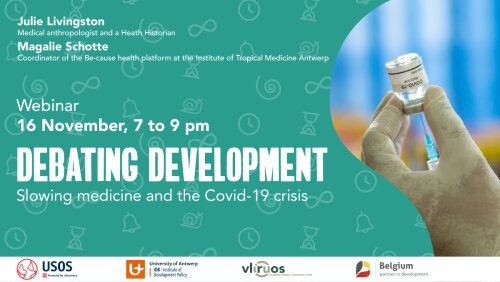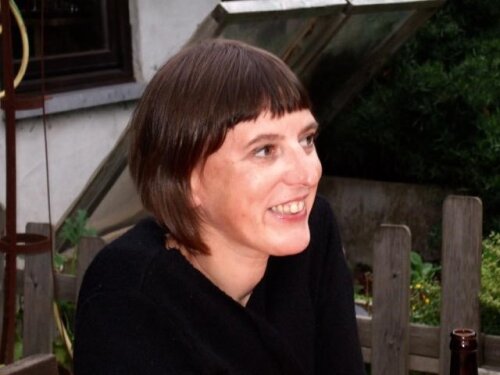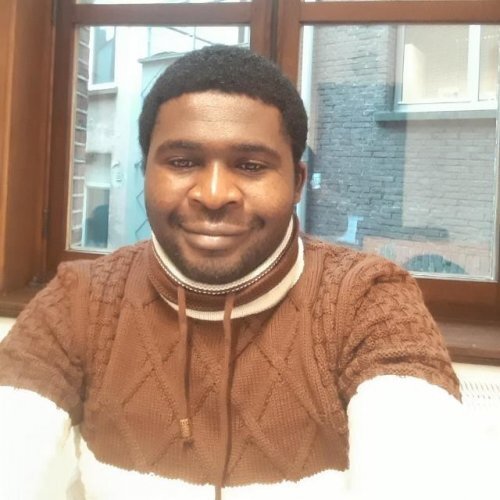
Since the beginning of 2020, the coronavirus has become a total and global social fact. It has affected all realms of human life, accelerated the implementation of public health policies, and made the temporalities of the circulation of treatments, the setting up of therapeutic protocols and the organisation of medical research flexible. As in all the rapid movements dictated by situational emergencies, the healthcare, economic, cultural and financial public policies supposed to frame the multiple crises generated by COVID have not always taken into account public welfare, or the global and complex challenges raised by the body politic or the more deprived. The requirements of slowing medicine, which advocate an extension of the time doctors spend with patients, or a humanistic sharing of time between patients and doctors, have almost been erased by the fast and global movement against Covid-19. A fight which, although necessary, should not make us lose sight of other global emergencies concerning other diseases, other present and future challenges, of which Covid is only a sample or a marginal aspect. It is all of these social, political, economic, cultural and intersectional challenges around Covid-19 that will be the focus of this conversation entitled: "slowing medicine and Covid-19".

Professor Julie Livingston is a medical anthropologist and a Heath Historian. Her work lies at the intersection of history, anthropology and public health. Her research oscillates between archival and ethnographic analyses of global health. She analyses issues related to chronic disease, public health policy, and debility, both within the African continent and globally. Julie Levingston distinguishes also herself by a solid multidisciplinary background in public health, history and anthropology, which gives her analyses the ability to make human vulnerability intelligible, both in its physical dimension and in its moral and emotional aspects.

Magalie Schotte is the coordinator of the Be-cause health platform at the Institute of Tropical Medicine Antwerp. Be-cause health is the Belgian platform for global health. Magalie is trained in ethics, with a focus on development, international politics and conflict. She has worked with Oxfam for many years and was a policy advisor for the Provincial administration of Oost-Vlaanderen on its global policies. She has experience in international trade, climate change, 4th pillar organizations, communication (a.o. in schools) and collaborated with partner organizations all over the world.

The event will be moderated by Denis Augustin Samnick, teaching assistant at the Institute of Development Policy (IOB), University of Antwerp